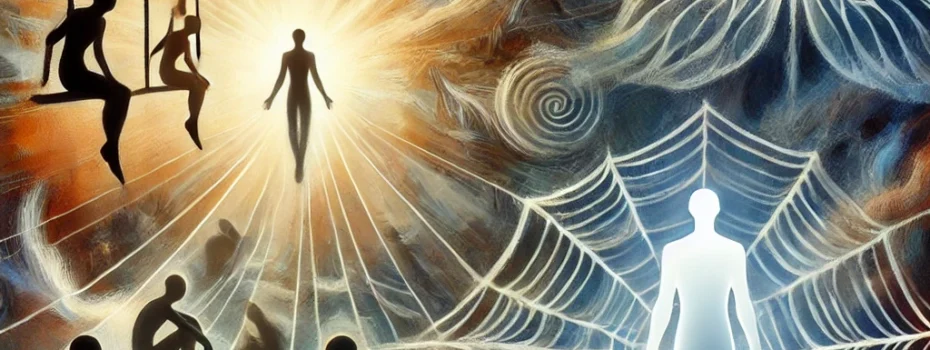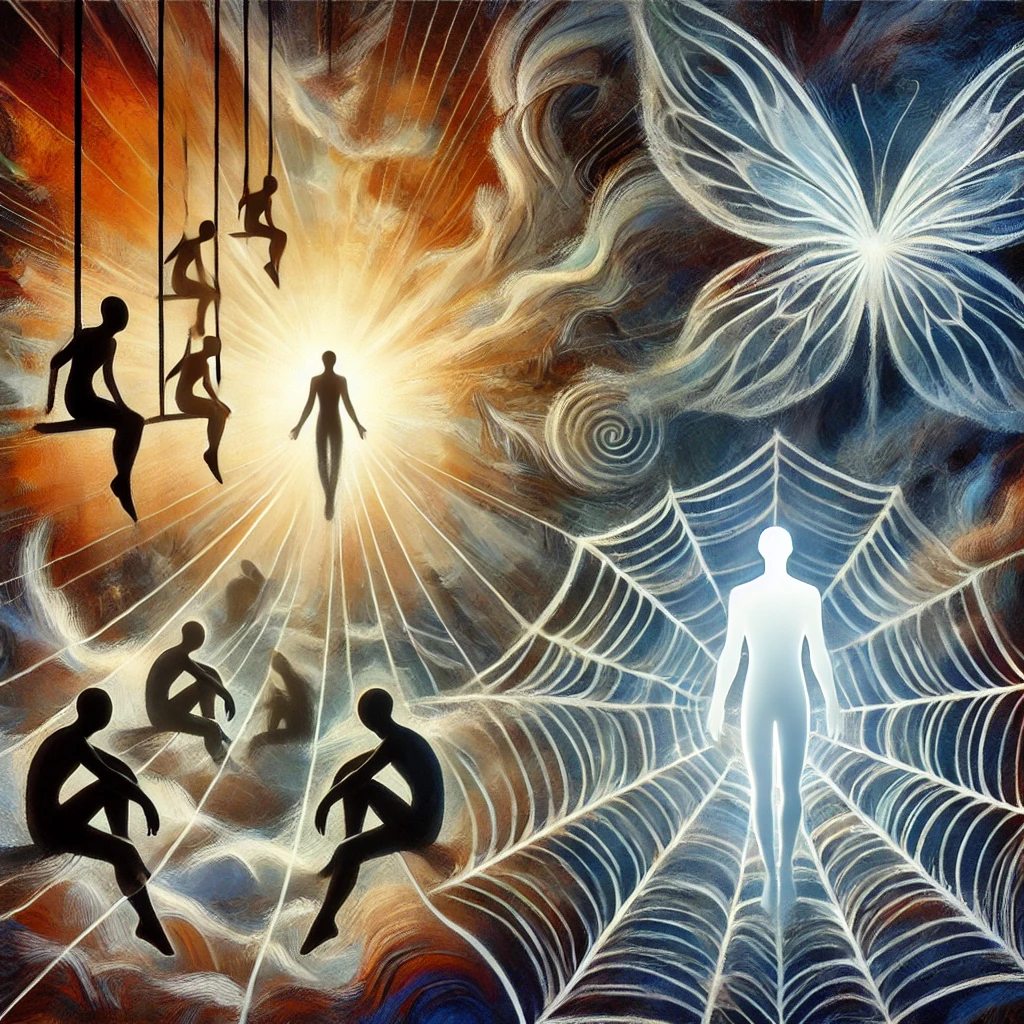In today’s world, where media and culture often celebrate unbridled indulgence in desires, it becomes crucial to step back and reflect on the implications of lust on society. Lust, when unchecked, can lead to the degradation of values, relationships, and human integrity. From a lust-negative asexual perspective, which inherently rejects sexual desire, the dangers of […]
I am An IndoNepali ace aromatic lust negetive identify my self Natural Brahmacharya ...


